By George Bita
Ever since the first COVID-19 lockdown of March 2020, lower primary school teachers have not been teaching.
According to Sr Winifred Nankya, the headteacher of St Francis Nakavule Nursery School in Iganga municipality, her staff of over 30 teachers have not been earning wages.
“Their salary comes from parents’ contributions. We are only paying the security guard and a compound worker,” Sr Nankya says.
To survive, almost half of the urban school compound has been turned into farmland so that the staff grow food crops.
“The maize and potatoes are consumed by the security guard and compound worker. We sell the surplus to meet their monthly wages of between sh150,000 and sh200,000,” she says.
Musa Kasone, the director of BMK Nursery and Primary School at Budooma village, Luuka district shares a similar testimony about farming during the lockdown.
“We have since embarked on growing vegetables, pineapples and ginger for sale. The proceeds help in paying wages for the support staff,” Kasone says.

He notes that the school main hall is now a poultry house with 200 layers purchased from Ugachick outlet in Jinja city.
Elizabeth Achom, a nursery teacher at Busia Primary School’s nursery section in Busia district, says she now deals in maize business to make ends meet.
“I invested my savings of sh300,000 into buying maize from local farmers. That was in May last year,” Achom says.
These teachers are just a representation of what numerous others out there are getting involved in for survival. Experts fear that some may fail to make it back to class after the schools are reopened.
What Went Wrong?
On March 17, last year, President Yoweri Museveni directed that all educational institutions be closed and learners sent home by March 20, 2020. This pronouncement came during his national address after the COVID-19 pandemic had struck the country.
The President allowed schools to partially re-open later in October 2020 for candidate classes and higher primary classes. However, the lower classes and nursery sections have never been allowed to open.
Henry Kabulo, the Bugiri district education officer, discloses that nursery pupils as well as those in Primary One to Primary Three have not attended lessons for close to two years.
“The teachers on government payroll have continued to be paid. Unfortunately, their colleagues in private schools have not been so lucky and have to look for their own survival,” Kabulo says.
Ruth Adupa, a teacher at Lotome Nursery School in Napak, Karamoja sub-region, observes that non-payment of wages prompted many teachers to look for other income generating activities to engage in.
“I know of colleagues who are making crafts for sale. Some have become businessmen dealing in a range of merchandise,” Adupa says.
Current Status
Dinah Kamagara, a teacher at Biguli Nursery and Primary School, Kamwenge district, says they are not being paid unlike their counterparts in public schools.
“This state of affairs has forced many of us to turn to other businesses to be able to make some cash. I opened up a food kiosk on my veranda targeting majorly bodaboda riders,” Kamagara narrates.
Agnes Lukendo, the Pallisa district education officer, says most teachers in the privately owned schools have embraced business to cope with the trying times.
Samuel Mwewunya, the Namutumba district bodaboda chairperson, says the number of teachers joining the business is on the rise.
“It started a while back when some teachers would ride bodaboda as a part-time job. However, most are now full-time following the closure of schools,” Mwewunya notes.
He says out of the 554 registered members of the Namutumba District Bodaboda Association, 82 are primary school teachers.
Amos Dhamuzungu, a teacher at Buwongo Nursery and Primary School in Namutumba, says he earns between sh15,000 to sh20,000 per day from riding a bodaboda.
“I duly pay the motorbike owner his mandatory sh10,000 per day and retain the rest as my daily income. On some good days like when it is market day in Busembatia town, I earn over sh50,000,” Dhamuzungu says.
Betty Jodea, a nursery teacher in Moyo town, Moyo district, says after not being paid since March last year, she started selling second-hand clothes.
“The market is good and I at least earn much more than the sh250,000 I was being paid to teach. I doubt whether I may go back to class when the lockdown ends,” Jodea says.

Opening Schools
Kabulo encourages teachers to get vaccinated so as to be able to go back to classrooms by January next year.
“It will not be possible to enter any school compound without a COVID-19 vaccination certificate. After one has received both the first and second jab, he or she can access and download this certificate online,” he clarifies.
Eria Kisambira, the Jinja district inspector of schools, discloses that teachers without COVID-19 vaccination certificates have been threatened with a possibility of being taken off the payroll.
“This is a good strategy to ensure that as many teachers as possible get vaccinated. Once you talk about withholding pay, those reluctant to get the jab will go for it,” he says.
The Government is targeting vaccination of an estimated 730,000 teaching and non-teaching staff countrywide so as to have schools fully operational once more.
Dennis Mugimba, the Ministry of Education and Sports spokesperson, reveals that 49% of this targeted group has been vaccinated.
“The re-opening of schools for all depends largely on vaccination of all these teaching, support and non-teaching staff. We are aiming for the 100% mark, for academic institutions to reopen,” Mugimba assures.
Abandoning Classrooms?
A proprietor of a firm that sends casual workers to United Arab Emirates (UAE), who prefers anonymity, reveals that four out of every 10 applicants in recent times are teachers.
“I am worried there may be a teaching gap in schools when they finally reopen. The rate at which teachers are struggling to be taken out is really alarming,” he notes.
He says the status quo caused by COVID-19 has left some teachers with no option, but try out doing kyeyo (odd) jobs overseas.
(This article was first published in the New Vision on 29th September, 2021)


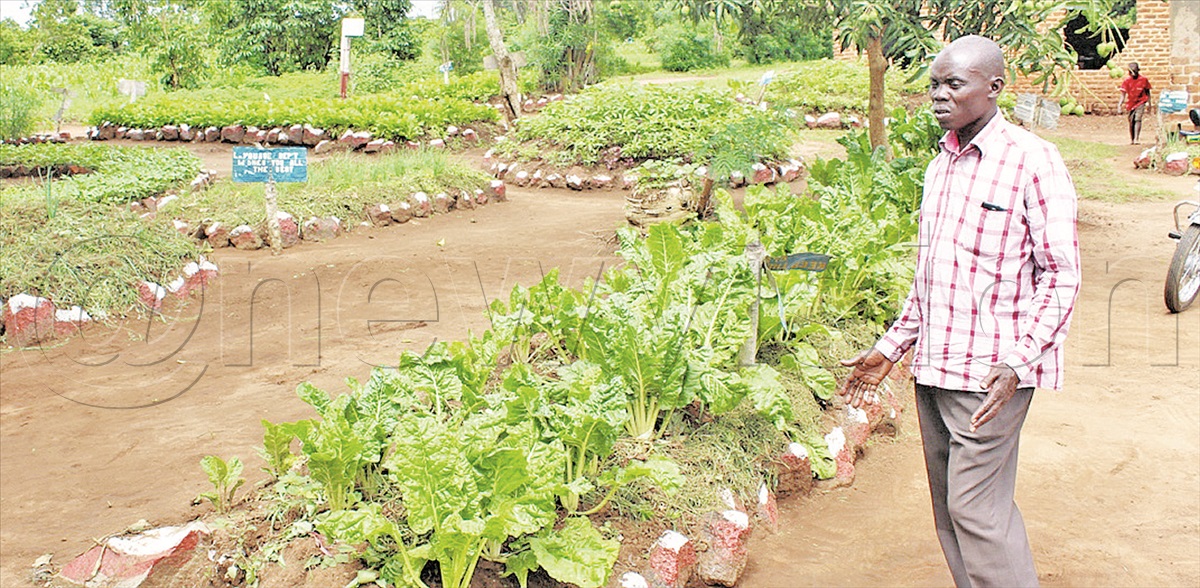
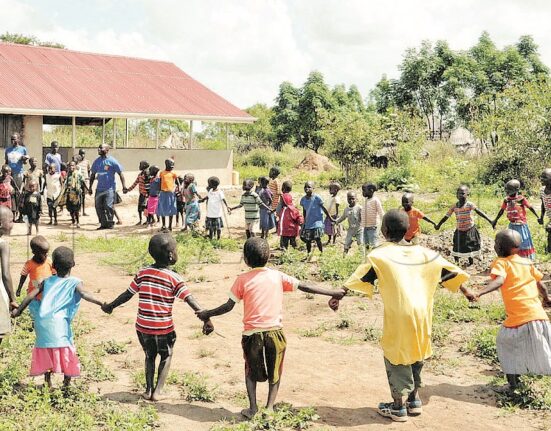
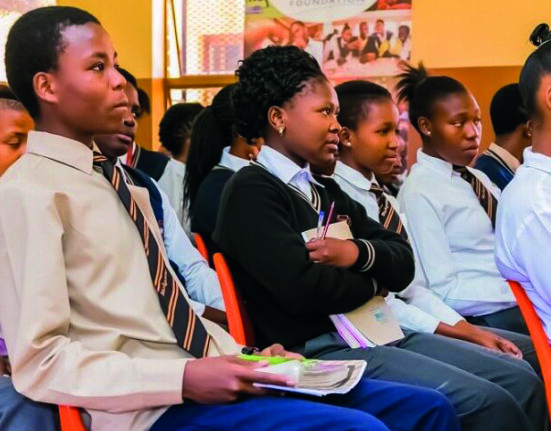
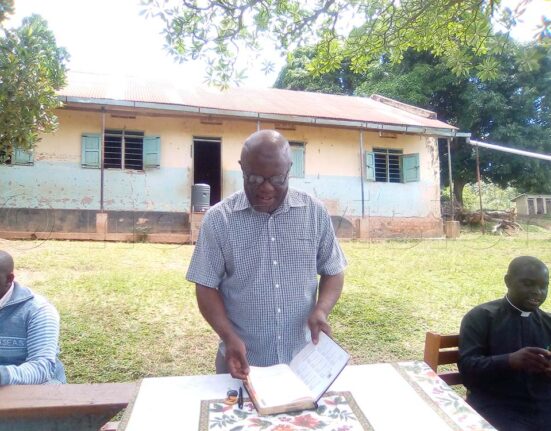
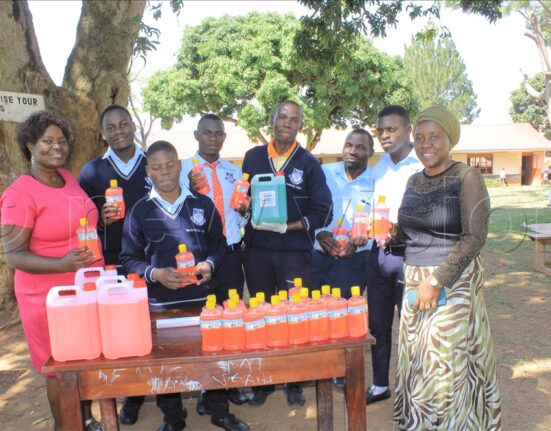
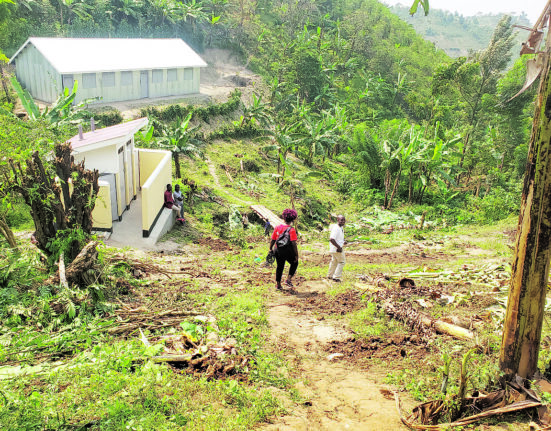
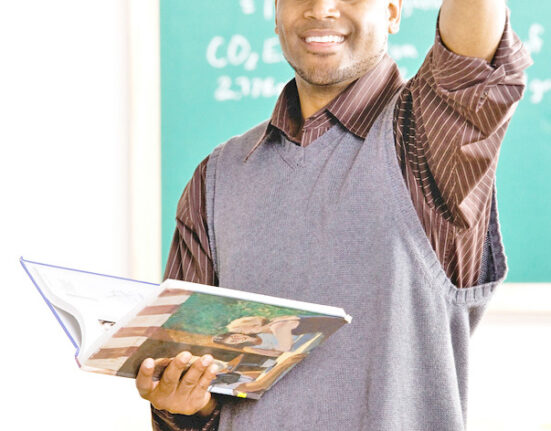
Leave feedback about this